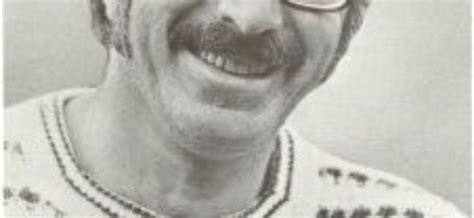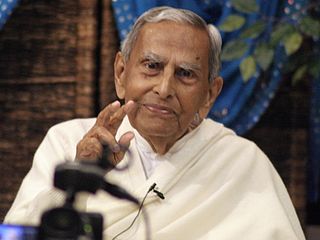A Quote by Herman Melville
There is something in us, somehow, that, in the most degraded condition, we snatch at a chance to deceive ourselves into a fanciedsuperiority to others, whom we suppose lower in the scale than ourselves.
Related Quotes
We need to stop comparing ourselves to others, and stop patting ourselves on the back for attaining artificial measurements of spirituality. We need to take care that we do not think we are something we are not, or else we may deceive ourselves, setting ourselves up for rebuke in the future when we see Christ face to face
Compassion- which means, literally, "to suffer with"- is the way to the truth that we are most ourselves, not when we differ from others, but when we are the same. Indeed the main spiritual question is not, "What difference do you make?" but "What do you have in common?" It is not "excelling" but "serving" that makes us most human. It is not proving ourselves to be better than others but confessing to be just like others that is the way to healing and reconciliation.
The remarkable thing is that we really love our neighbor as ourselves: we do unto others as we do unto ourselves. We hate others when we hate ourselves. We are tolerant toward others when we tolerate ourselves. We forgive others when we forgive ourselves. We are prone to sacrifice others when we are ready to sacrifice ourselves.
Everyone deserves love and appreciation. If there is someone in the world whom we do not love, it is our blessing to work this out within ourselves. A very key spiritual principle, echoed in the Cayce readings as well as mainstream psychology, is that whatever we see in others that makes us angry, sad or jealous is a reflection of an issue we have in ourselves. If we can learn to love, respect and forgive ourselves, then we will not be angered and offended by what we see in others.
We are not saints yet, but we, too, should beware. Uprightness and virtue do have their rewards, in self-respect and in respect from others, and it is easy to find ourselves aiming for the result rather than the cause. Let us aim for joy, rather than respectability. Let us make fools of ourselves from time to time, and thus see ourselves, for a moment, as the all-wise God sees us.
The greatest human virtue bears no proportion to human vanity. We always think ourselves better than we are, and are generally desirous that others should think us still better than we think ourselves. To praise us for actions or dispositions which deserve praise is not to confer a benefit, but to pay a tribute. We have always pretensions to fame which, in our own hearts, we know to be disputable, and which we are desirous to strengthen by a new suffrage; we have always hopes which we suspect to be fallacious, and of which we eagerly snatch at every confirmation.
If God, in the Christmas mystery, reveals himself not as One who remains on high and dominates the universe, but as the One who bends down, descends to the little and poor earth, it means that, to be like him, we should not put ourselves above others, but indeed lower ourselves, place ourselves at the service of others, become small with the small and poor with the poor. It is regrettable to see a Christian who does not want to lower himself, who does not want to serve. A Christian who struts about is ugly: this is not Christian, it is pagan.
We cannot separate ourselves from those whom we call the 'lower' animals. They are lower in the scale of evolution, but they, like us, are members of the One Family. We must not take away the life of any creature. Indeed, we must never take away that which we cannot give. And as we cannot restore a dead creature to life, we have no right to take away its' life.







































